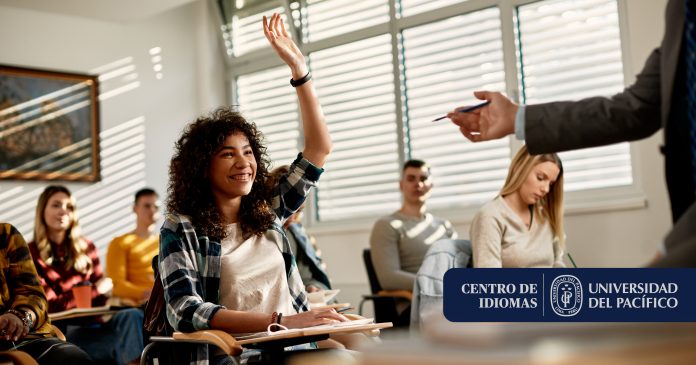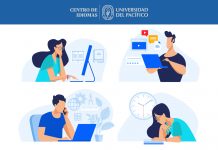Traditionally, schooling has involved a one-way process in which educators are regarded as some kind of ‘full vessels’ that fill in ’empty vessels’ by means of direct transmission of knowledge. More modern approaches have placed special emphasis on the various roles that instructors can play in the classroom, including being facilitators, motivators, and so on. In this day and age, when technology has become an established part of classroom dynamics, a significant percentage of language lessons have migrated to an online medium, and students have more access than ever before to a plethora of resources available to enhance their learning, isn’t it time we considered involving our students more in the teaching and learning process?
Our students are not the same as those from the 1970s or 1980s, when the communicative approach first made its foray into language teaching. They now have access to websites where they can practise language skills, gather factual information, or even use more advanced AI-based resources such as voice recognition, machine learning, adaptive activities, and others. Moreover, they are often not afraid to let teachers know that they have found alternative ways to carry out an activity successfully. This begs the question: how about us? Are we teachers stuck in the 1990s or early 2000s? Do we still believe that our way is the only way that can lead to success? Are we aware that technology is there to help us, rather than threaten us?

Shifting our views to embrace the new generations of students and the latest technologies is, indeed, a huge challenge for most of us. However, we need to remember that we are involved in a profession where the only certainty is that there are no certainties or absolute facts about how to be taught. Perhaps a good way to start is to involve our learners in their own processes by finding out what their discovering styles are, to what extent they use external tools to engage in meaningful acquisition, and to negotiate ways in which they could gain knowledge more effectively, even allowing them to suggest resources and assessment methods.
Clearly, this could be challenging and not every suggestion may suit the learners’ context, but the sole fact that students can have a voice and co-manage their learning processes would probably have an impact on how they regard them: as an adventure where they have control, but there is someone with a bit more experience who is there to guide, not to impose, to show them the way rather than ride them herd on.
Now it’s YOUR turn
Do your students bring new strategies/resources to class?
How do they share them?
What’s the class attitude towards this action?










